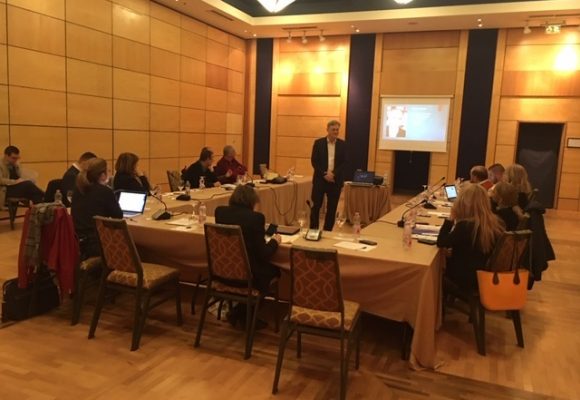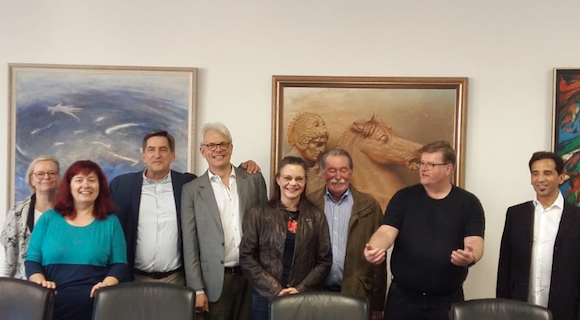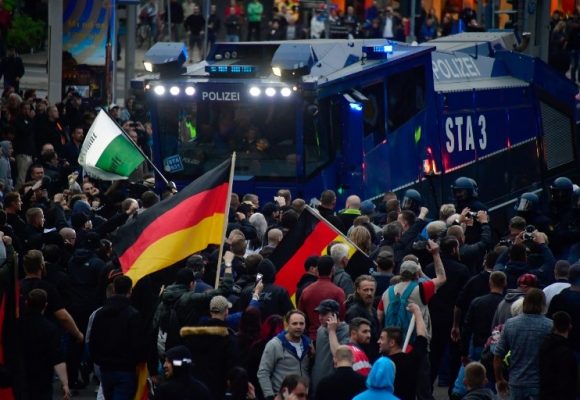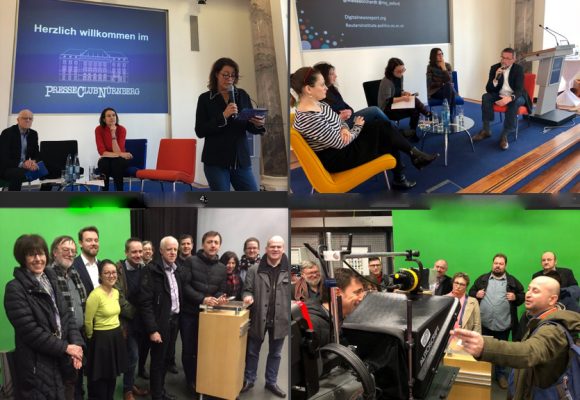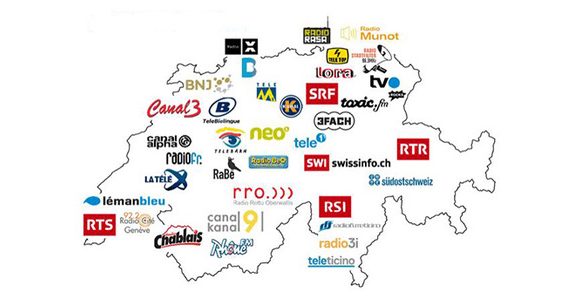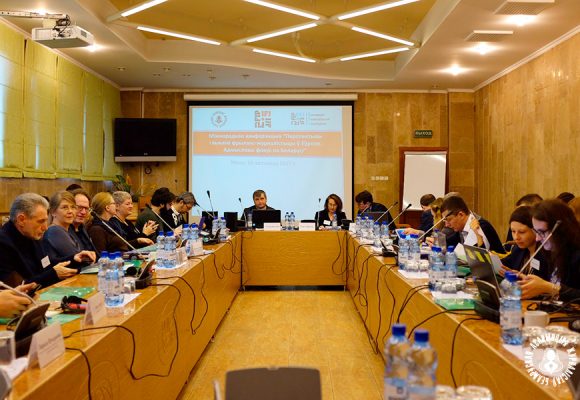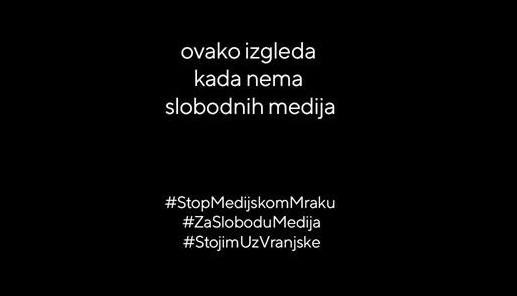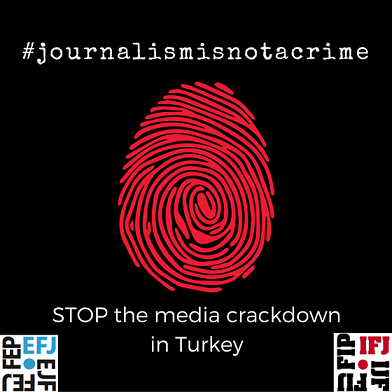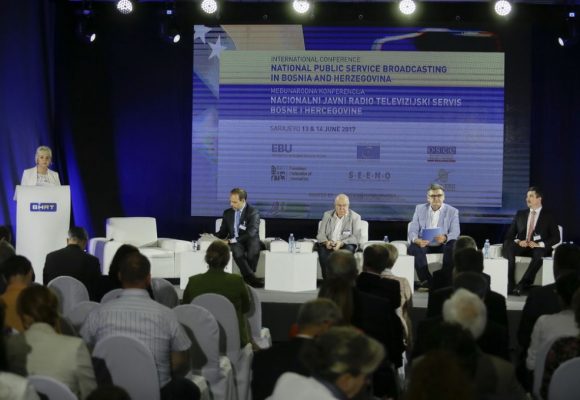Trade Secrets: Changes in favour of journalists’ sources and whistleblowers in Germany
The European Federation of Journalists (EFJ) together with its affiliates in Germany, German Union of Journalists (dju) in ver.di and Deutscher Journalisten-Verband (DJV) welcome the fact that the Legal Committee of the German Parliament has approved substantial amendments to the draft law, which is intended to transpose the EU Directive on the Protection of Trade Secrets into national law. “Reason has prevailed in the parliamentary process and given freedom of the press the status that the EU actually intended. This is a success that above all protects the work of investigative colleagues,” said Tina Groll, Federal Chairwoman of the dju…


